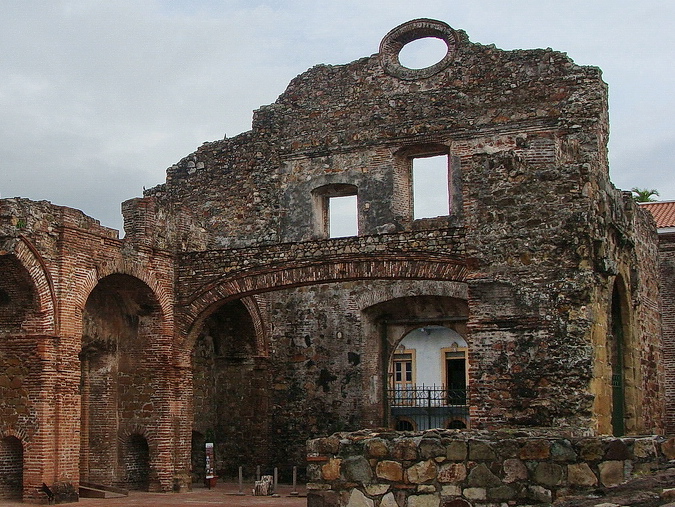Difference between revisions of "Panama and the Hague Convention"
(Created page with "{{#eimage:http://upload.wikimedia.org/wikipedia/commons/e/ef/Arco_chato.jpg|410x579px|thumb|'''Santo Domingo Church.'''<BR/>Source: Wikipedia.org.}} Panama is party to th...") |
(No difference)
|
Revision as of 05:39, 10 March 2015
Panama is party to the Hague Convention on Protection of Children and Co-operation in Respect of Intercountry Adoption (Hague Adoption Convention). Therefore, all intercountry adoptions between Panama and the United States must meet the requirements of the Convention and U.S. law implementing the Convention.
In order for an adoption application to meet the requirements of the Hague, a U.S. consular officer must review the case file and issue an "Article 5 Letter" to the Panamanian Central Authority before an adoption or grant of legal custody takes place. Therefore, prospective adoptive parents are cautioned to carefully follow in order the steps outlined in the "How to Adopt" Section below.
Currently, Panamanian laws also allow U.S. citizens who meet required eligibility requirements under Panamanian law to adopt under a "National" adoption process, which is a different process from the Hague intercountry process. Please note that any child adopted locally (i.e. outside the Hague Adoption Convention process described below) is not immediately eligible for an immigrant visa. Instead, the child must qualify for an immigrant visa as the child of the U.S. Citizen (IR-2). This visa category requires that the U.S. citizen adoptive parent fulfill a two year period of legal and physical custody in Panama prior to filing the petition for the visa to the United States. Additional information is available from U.S. Citizenship and Immigration Services.
NOTE: Special transition provisions apply to adoptions initiated before April 1, 2008. Learn more.
Back to Adopting from Panama
